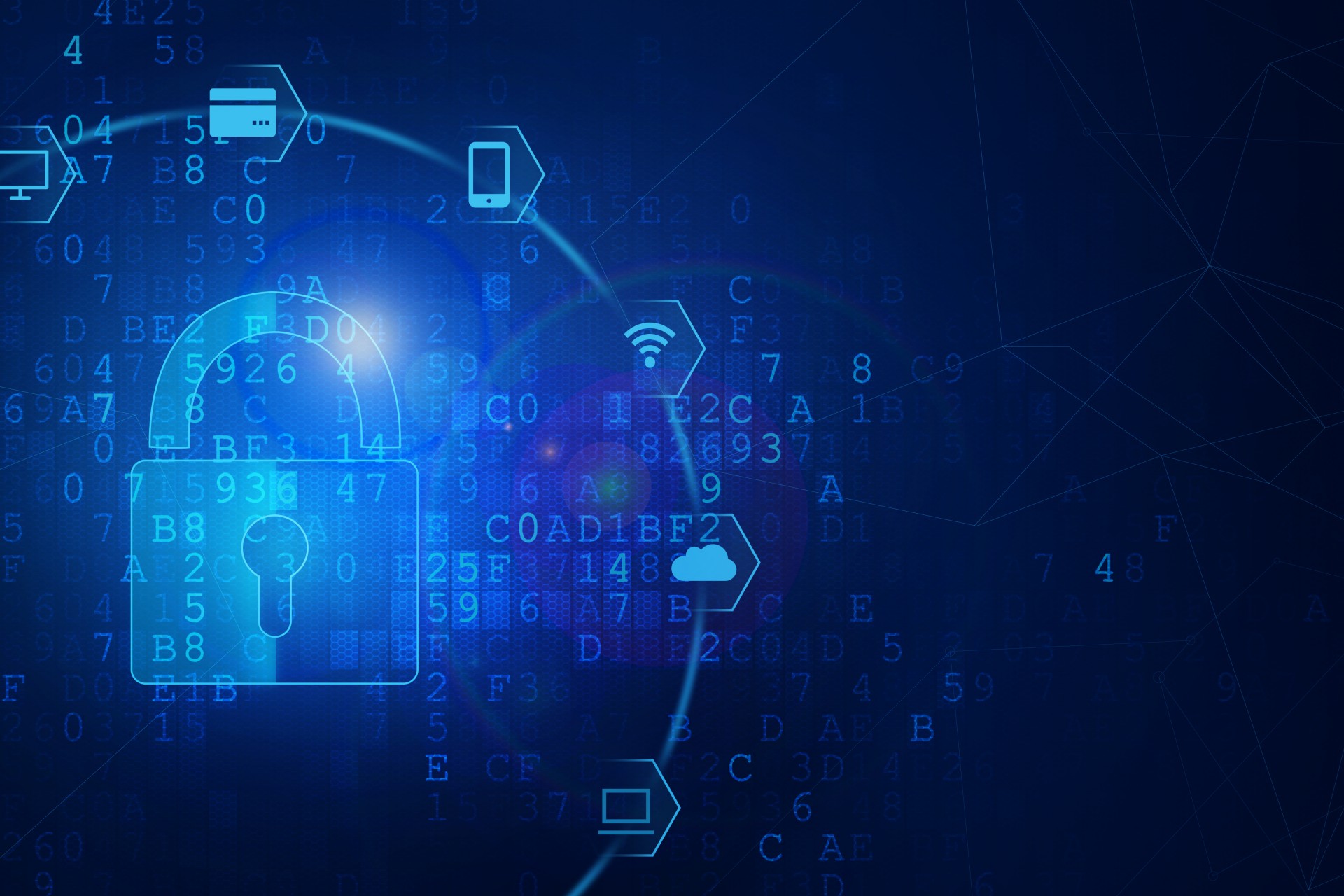Home >Technology peripherals >AI >The cybersecurity industry can draw inspiration from 'Musk's algorithm'
The cybersecurity industry can draw inspiration from 'Musk's algorithm'
- PHPzforward
- 2023-11-03 17:13:101150browse
Today, we have entered an era of disruptive innovation driven by artificial intelligence and digital transformation. In this era, network security is no longer just the "cost and friction" of enterprise IT. On the contrary, it has become a key fulcrum for building the next generation of digital infrastructure and information order, as well as all technological innovations (from drug research and development to military intelligent manufacturing) necessary elements. This means that traditional network security technology research and development, program implementation, defense system design and operation all need to undergo a revolution in methods and concepts. Agility and intelligence have become the two main themes of network security evolution

In short, network security requires a Musk-style "out of the circle" revolution.
From electric cars to rockets to Starlink and even Twitter (X), Musk shows us how to use "first principles" to create a unique and efficient corporate culture and working methods - with the minimum People, infrastructure and processes achieve competitive advantage and maximize profits.
The "Musk Biography" written by Walter Isaacson refined and summarized the "Musk Algorithm" for the first time. For the cybersecurity industry that also faces complexity and cost challenges, we can draw wisdom from Musk’s way of thinking to strengthen our cybersecurity defenses and technological innovation.
At the same time, the Musk algorithm is also a concise and powerful working method and the condensation of corporate culture, providing a new perspective for network security companies and corporate security teams (and IT departments) to examine and optimize networks Security policies and practices. The following are the implications of the five important principles of Musk’s algorithm for the cybersecurity industry:
1. Musk’s algorithm emphasizes “questioning every need”
In the context of cybersecurity, this means We need to continually question and evaluate the effectiveness and necessity of security policies and measures. We should avoid rigid rules and excessive complexity and instead pursue simple, straightforward and practical security solutions. Cybersecurity is a field with highly complex technology stacks and methods, which can easily lead to the phenomenon of "pluralistic ignorance" - employees are afraid to express their ideas or question a tool, process, or framework because of fear of making a fool of themselves or a herd mentality. , decision-making or effectiveness of requirements
2. "Delete any tools or processes that you can delete"
In network security management, we need to regularly review and optimize security policies and tools, clear Those parts that are no longer necessary or ineffective to keep security defenses simple and efficient. At present, the proliferation of tools has caused the network security defense system to become bloated and inefficient, and the operating costs remain high. However, the technology that really needs innovation and upgrades lacks budget
3. "Simplification and optimization" is Musk's Another core principle of the algorithm
When executing network security policies, we should strive to maximize effectiveness and efficiency and avoid unnecessary complexity and redundancy. After Musk took over Twitter, he cut three-quarters of redundant personnel and migrated data processing tasks from the Amazon cloud to local servers. This move saved X 60% of cloud costs every year
In addition , Musk’s engineering team also made drastic optimizations:
Rebuilt the API middleware layer in the technology stack, simplified the architecture, and deleted more than 100,000 lines of code and thousands of unused internal endpoints and idle client services. This reduces metadata retrieval delays by 50% and global API timeout errors by 90%. Compared with 2022, the system blocks bots and content scraping 37% faster
4. Musk’s emphasis on “reducing cycle times” also applies to the cybersecurity field, because cybersecurity defense is a Dynamic and continuous process
Time is life, time is safety! We should quickly respond to new threats and challenges and quickly update and optimize security policies and measures. Design, implement and operate network security solutions around shortening key time cycle indicators such as MTTD (Mean Time to Detection), MTTR (Mean Time to Response) and MTTC (Mean Time to Contain).
5. Automation
One goal of cybersecurity operations is to achieve a “black light SoC”. Through the automation of technology, tools and processes, we can automate security management, thereby significantly reducing operating costs and improving the efficiency and effectiveness of security defense
In this digital era full of challenges and opportunities, by learning from and By applying Musk's algorithm, enterprises can build a more flexible, efficient and powerful network security defense system.
Finally, we need to realize that no one method or strategy is perfect. In practice, we also need to flexibly adjust and optimize security policies according to our own actual conditions and needs to achieve the best security defense effect. We must build a more secure and reliable network environment with an innovative and pragmatic attitude
The above is the detailed content of The cybersecurity industry can draw inspiration from 'Musk's algorithm'. For more information, please follow other related articles on the PHP Chinese website!

